The Open Theatre's Nightwalk in London in 1963. Image courtesy of Donald Cooper/Photostage/Kent University
|
Monday This evening the second PRESENCE `public zoom 'prepared' reading of the year - both within two weeks (in collaboration with Quebecois company BoucheWHACKED). And both events are/have been of new plays by Nathalie Boisvert. Last time (17th January) it was her make-up-artist psychodrama FACELIFT, brilliantly read by Rachel Bavidge, Mufrida Hayes and Fiz Marcus (a full account on our reading group blog soon, I hope). Now, after only a couple of brief zoom 'rehearsals': ANTIGONE IN THE SPRING. Three hugely exciting young actors and with, again, Nathalie and this time translator Hugh Hazelton joining from Canada. A few technical 'signal' hitches derailed things slightly at the start (ironically it was the signal from Stoke Newington rather than the one from Quebec that caused the problems) but some quick thinking from one of the actors (Lewis Bruniges take a bow) in migrating to an iPhone solved the problem and actually added to the richness and appropriateness of the evening's visual aesthetic (the characters turn out to be in a kind of post-death limbo - maybe even each in different ones - so Etiocles's lonely confinement to iPhone limbo seemed not inappropriate somehow as expiation for his behaviour during the play. The script - a contemporary re-configuring of the myth - is superb, a kind of tragic 'memory' play enacting the eventual reconstitution of a family previously fractured by private and public trauma having been drawn into a centrifuge of opposing political and cultural stances. Hearing it now, the play has the precision and clarity of a graphic novel; a sense of swirling, unresolved relationships and in Hugh's translation a stark, urgent verbal lyricism. As the three characters (siblings Antigone, Eteocles and Polynices) tell, conjure, (re-)negotiate and re-enact the events of the story we realise they are both re-experiencing and properly processing them for the first them as a joint enterprise, using the re-telling to rediscover and affirm their relationship, the bond and inspiration that drives their resistance to the the incipient-fascist state that has in life been slowly encircling them The three performers - Lewis Bruniges, Rebecca Lee and Joe Reed - show huge commitment, and are vividly responsive to the material: fresh, urgent and nuanced in ways that utterly bely the very limited prep time over the days prior. The response is great from participants and attendees alike. And hopefully there will be a report of this session also on the reading group blog soon We've been developing use of this format - zoom 'public' 'webinars' with a few brief prep sessions on zoom prior - over the last few months and they seem to be working extremely well. The prep sessions don't allow time for detailed work, but they do usually set a framework and trajectory that give the actors confidence to commit and discover in the readings themselves. That 'framing and priming of spontaneous response' is very much the core ingredient of our reading group ethos and approach. And the results have been frankly stunning. It seems like everyone benefits: the actors report having a satisfying creative challenge; the writers and translators get to hear their scripts rendered with commitment and grace, and the attendees get a great experience of live 'virtual' performance of novel, high-quality, innovative material. We have plans for continuing the format and expanding the range of repertoire, alongside the (clearly imminent) transition back into real spaces. Wednesday In light of the above reflections on Conundrum, a quote from Joe Chaikin seems very relevant and apposite today (if - typically for its time of course - inappropriately restrictive in gender attribution) 'The actor is able to approach in himself a cosmic dread as large as life. He is able to go from his dread to a joy so sweet that it is without limit. Only then will the actor have direct access to the life that moves in him, which is as free as his breathing. And like his breathing, he doesn’t cause it to happen. He doesn’t contain it, and it doesn’t contain him' Thursday By way of contrast, perhaps, to see Dear Evan Hansen. It is a very sharp and shaped evening; the creation of a very well-worked and burnished, punchy myth for our time - what might be termed a social myth, a configuration of the social isotherms via dramatic-situational analogue. Here is surely necessary root canal work on the prevailing zeitgeist. Like Conundrum and indeed Antigone in the Spring, it finds a sharp. clean-lined clarification of aspects of where we find ourselves. In fact it is a 'meta' myth of the self-interested crowd-sourcing of a myth, almost a religion, via the channels of social media. A huge and fake imago wish-fulfilling constellated need and desperation is erected above a querulous and pained human reality. The piece itself is clearly the fruit of a joy of collaboration between writers and director and with a cast riding the well-oiled rails with precision and attack and just the right level of emotional heft. It's also a delicate and perilous thing as its beautifully honed artificial aerofoil tries to stay in balance and focused amidst the deep emotional draughts it whips up. The balance between empathy and horrified censure is beautifully maintained, the latter just suspended during the first half. All represented constituencies - the teenagers, the parents struggling with the novel experience of raising kids in the internet age - are given their due. This is Brechtian theatre but with an empathic heart. It could be the bleakest and most ruthless of satires, but the heart means we are terrified in anticipation of (rather than relishing the prospect of) the awful train wreck that seems inevitable. But the real miracle is the modulation into the finale. The piece has the courage to completely change gear, for the angsty internet to evaporate towards the pastoral, and we are left, finally, in an orchard, and with forgiveness, and with the recognition of the messy complexity of organic growth and self-reliance. From Zukerberg to Thoreau in two hours. If I was to be really picky, I think the transition is slightly mis-handled, I think there should be a little more of the parents' decision to not pursue the boy who has made the almost inadvertent , damned-by-degrees Faustian pact with the social-media demons, with devastating impact on the parents themselves and the families involved. Here there is an assumed rather than dramatised shift (the parents just drift off. Their choice surely needs to be at least kept in play and at a least vestigially dramatised, rather than their decision assumed and perfunctorily reported after the event). But the recognition of partial good, and the 'escape' from dramatic, ethical and causal linearity, from Old Testament to New Testament, via a very Old Testament myth of temptation in an orchard....is a joy to behold in its nuanced, filamental intricacy and 'romance-inspired' release from intensity to broad, inclusive amplitude, Maybe its the context here, but couldn't help thinking of Chaikin's The Serpent in regard to where we end up. Friday And a brilliant way to end a productive week: the regular monthly Presence professional-actor play reading group, this time spending a delightful afternoon reading and exploring Robert Holman's The Overgrown Path. This extraordinary, rich, compassionate, insightful and detailed play will be the subject of a separate blogpost soon, but just to say here: so refreshing to be engaging with such thoughtful work in the relaxed, attentive and mutually-supportive company of such a great group of fellow practitioners amidst the joy of shared discovery. The play itself is a wonderful chamber piece that refreshingly attends to the fully and uniquely human, in relation to huge historical events. It lets us live and breathe with the characters, who are more themselves than being simply representations of wider things, though the latter is cunningly part of their DNA too. It is, amongst other things, about the difficulty of mapping predictive stories onto the vicissitudes of events; the difficulty of planning and plotting a course through life, and it boldly exemplifies and makes use of chance events, yet at its conclusion the central characters despite tragedy have achieved through their own efforts a kind of narrative closure that is an atonement, a completing of a story, the re-engineering of a large myth - a tragedy - to end with a small moment of individual redemption allied to the positivity of chance. The worst does not always happen, or if it does, not necessarily with uniformly negative consequences. Robert Holman's art as a playwright is almost a lost one now - his work is arboreal; his play seem to grow organically rather than to be constructed.
0 Comments
|
Present MomentsAn occasional diary/reflection on events and experiences from a presence-ey perspective ArchivesCategories |
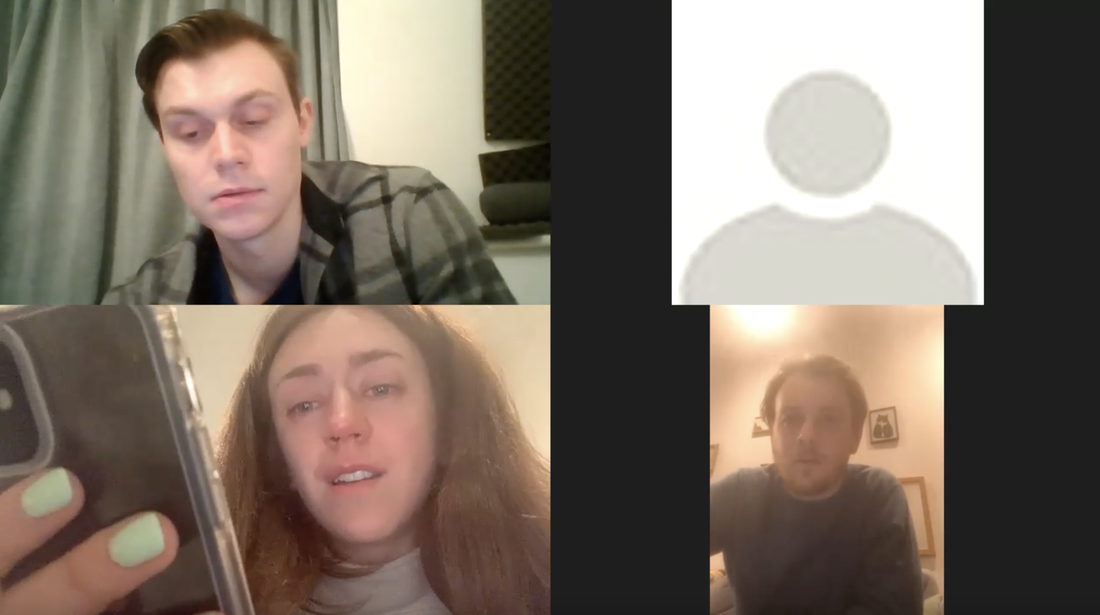
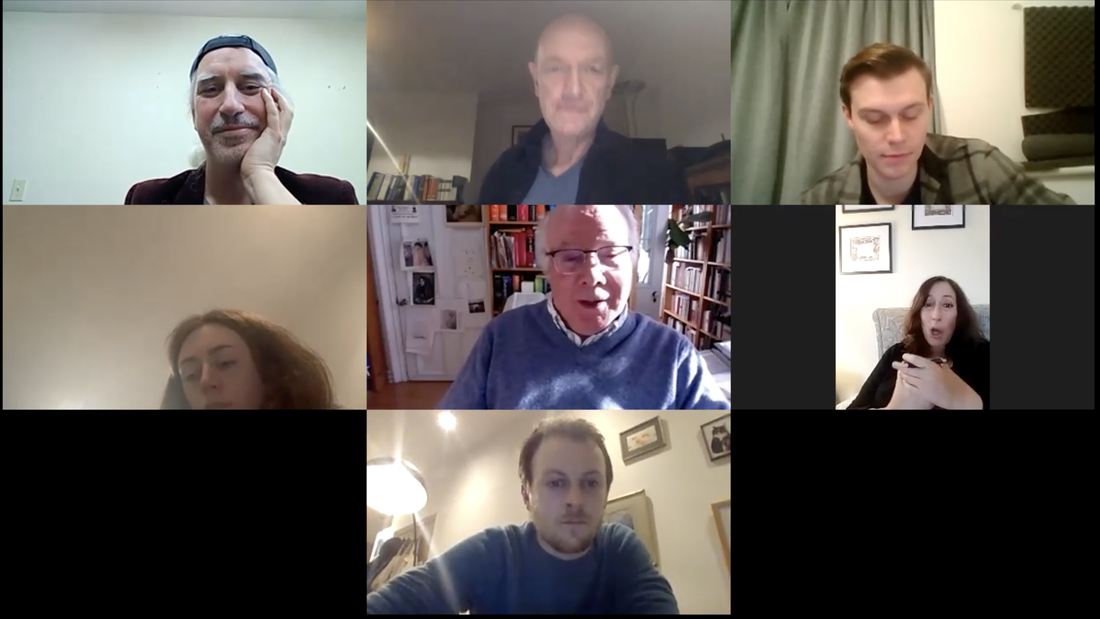
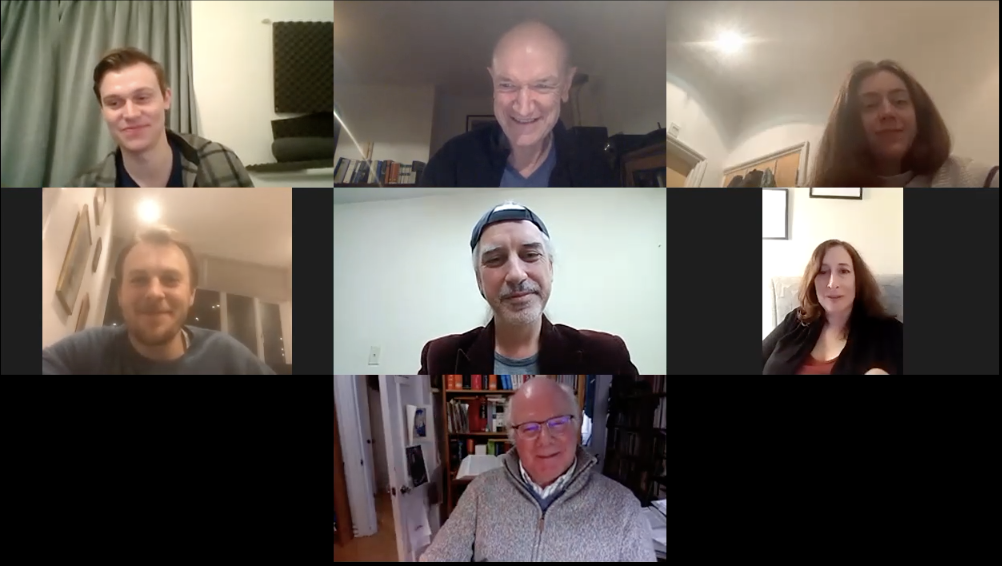
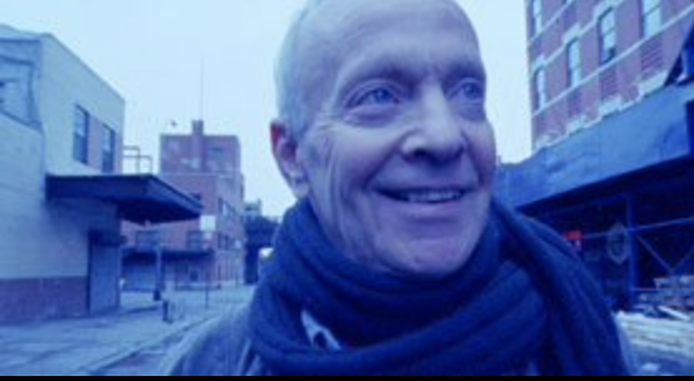
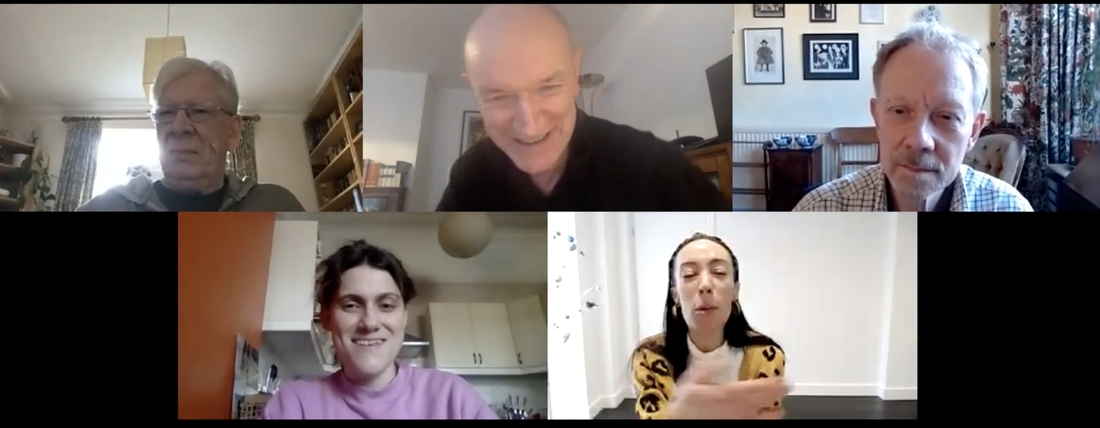
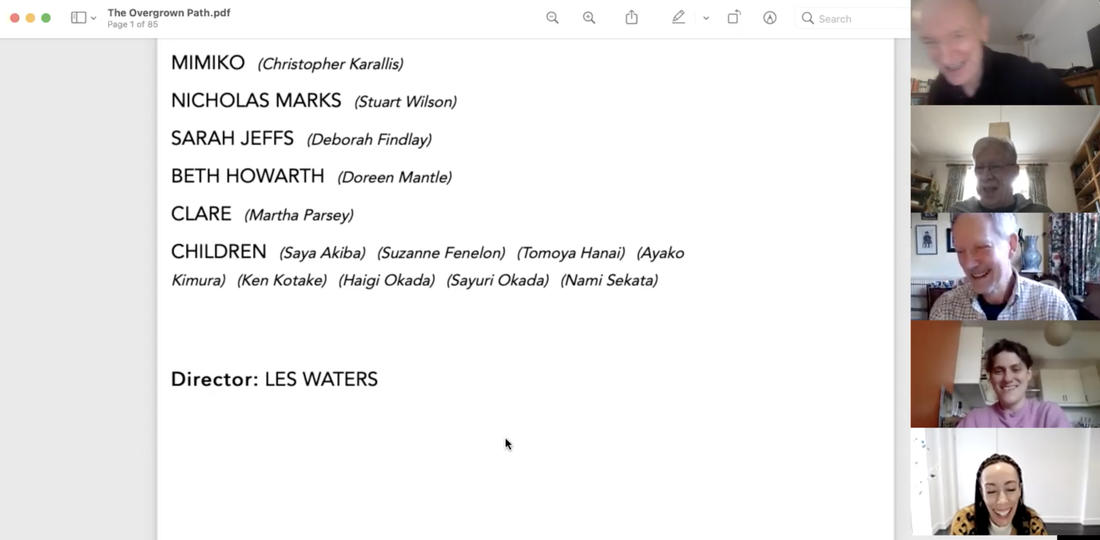
 RSS Feed
RSS Feed
